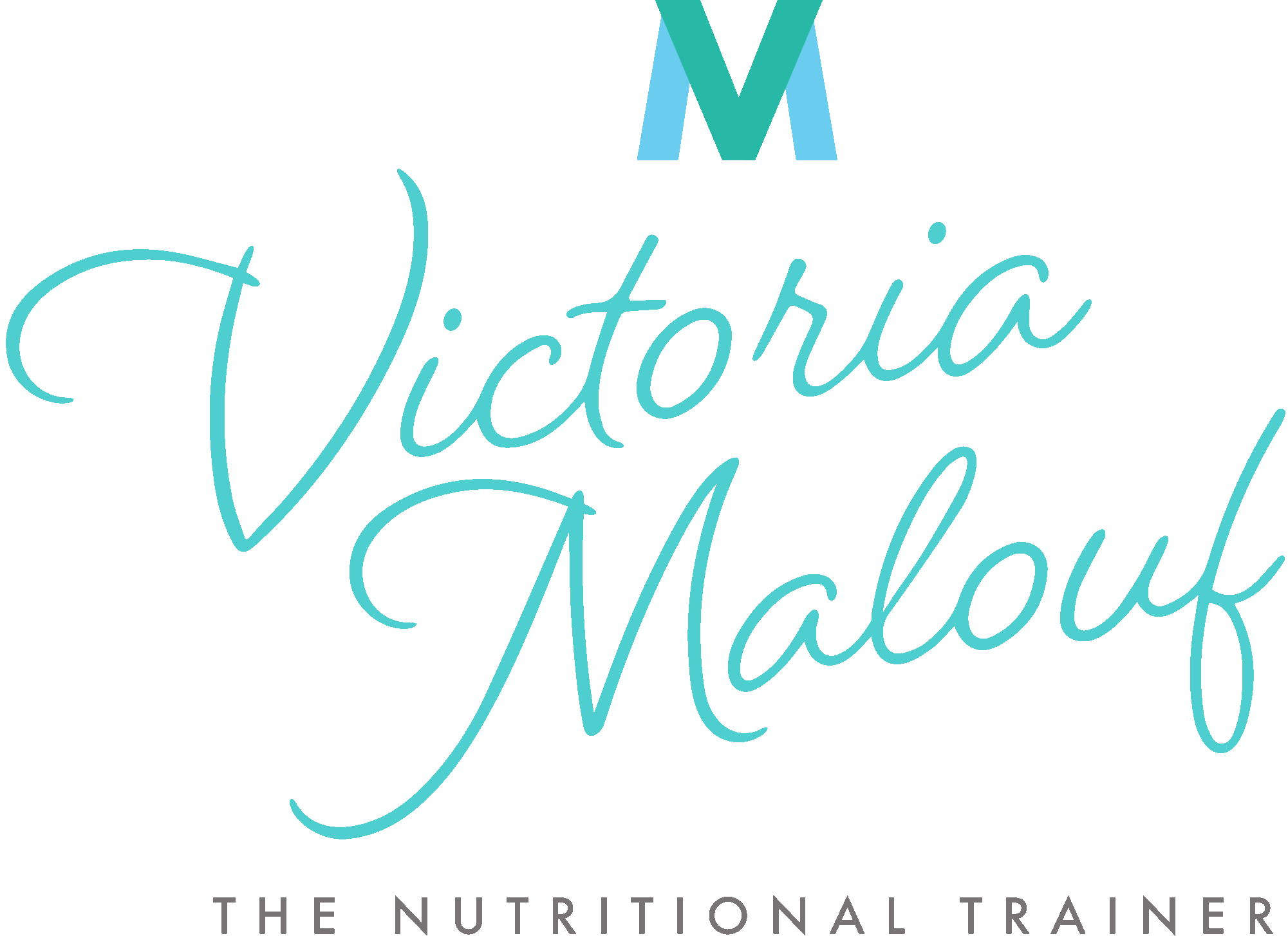7 easy healthy food swaps
- Victoria Malouf

- Apr 8, 2019
- 3 min read
1. Swap out Butter for Avocado
Avocados are packed with vitamins and minerals the main being Omega 3 fatty acids which not only help your hair, skin, teeth and nails but also vital in brain function, memory retention and cognition. They also help reduce cholesterol and fight against heart disease. Avocados contain heart-healthy monounsaturated fat. This kind of fat can lower LDL (bad) cholesterol and maintain HDL (good) cholesterol, while decreasing belly fat.

2. Use Olive Oil instead of Vegetable Oils
Olive oil is the natural juice that is derived from the Olive and is the only vegetable oil that is natural and can be consumed freshly pressed from the fruit. It is rich in monounsaturated fats (it has the largest amount of all naturally pressed oils) which, similar to Avocado, helps to lower cholesterol and is a potent antioxidant so helps reduce free radicals in the body. Olive oil however has a low smoke point which makes it perfect for using on low to medium heat such as stir frying or pan searing foods. Vegetable oil on the other had is typically made from blending the oils from a variety of fruits, nuts and seeds which commonly consists of Olive, soybean, safflower and peanut oils. Although it does have a higher smoke point than Olive oil, it is not as natural and it has a higher fat content than pure olive oil.
3. Use a Pulse Pasta instead of white pasta
Pulse pastas are generally made from a variety of legumes such as peas, lentils, chickpeas and beans. Swapping out the white pasta for pulse pasta is going to make a world of difference. It not only has twice the protein at 21gms vs 12 and twice the fibre of regular pasta but it is also lower in carbohydrates and naturally Gluten free so great for people who are coeliac or have a gluten intolerance.
4. Instead of chocolate use organic raw Cacao powder
Not only does Cacao taste absolutely delicious and is so easy to incorporate into your cooking, it has numerous health benefits over normal chocolate, as it contains numerous antioxidants, vitamins and minerals. It has been shown to be high in Magnesium, Zinc, Vitamin A and Omega 6 fatty acids. Not only this but it can help regulate blood sugar levels, can aid weight loss due to chromium content and help enhance circulation.
5. Try Almond, soy, macadamia, rice or Oat milks
With the rise of lactose intolerance over the last few years, many other mylk like alternatives have come onto the market. Not only are these a great substitute to help reduce the symptoms of bloating, cramps and fatigue that come with lactose intolerance they are all a great way to get an extra boost of nutrients into your diet. Compared to a cup of normal milk, almond milk provides 516mg of calcium (just over half your daily intake requirements) compared to 295mg of cows milk. It is also lower in fat and carbohydrates at just 3g and 1.5g respectively compared to 4g and 11.8g
6. Instead of flavoured Yoghurt use Greek Yoghurt and add your own fruit
Flavoured yoghurts are generally very high in sugar and saturated fats. Comparing the Chobani Mango greek Yoghurt with the Plain Chobani Greek per 100g - the plain Greek has 9.7g of protein compared to 7.7g, while the saturated fat content was 0.1g for the plain Greek and 1g for the flavoured. The main difference is in the carbohydrate and sugar levels with the sugar at 9.2g being 3 times higher in the flavoured yoghurt and also had double the carbohydrate levels of the pain. Instead of buying flavoured yoghurt, buy the Greek yoghurt and add your own fruit, nuts or berries of choice to avoid the excess sugar and fats.
7. Have oats for breakfast instead of Cereal
Compared to sugary breakfast cereals that leave you feeling hungry an hour later, Oats are not only a very good source of fiber being high in beta-glucan, they contain more soluble fibre than other grains leading to slower digestion, increased satiety and leaving you feeling full for longer. They are also high in many other vitamins, minerals and antioxidants and are the only source of a group of antioxidants called avenanthramides which are believed to be protective against heart diseases whilst also being able to lower blood sugar and cholesterol levels.






Comments